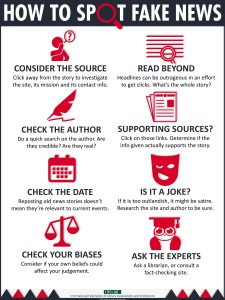This week Access Now’s RightsCon takes place in Brussels. IFLA is participating for the first time and does so by hosting a roundtable session on Friday 31 March 9am on digital privacy in the library:
Privacy for Everyone: Using Libraries to Promote Digital Privacy
The session will be chaired by FAIFE committee chair Martyn Wade and has an impressive line-up of speakers ready to share experiences and content that will help libraries promote and ensure digital privacy for all, inside and outside the library:
- Damien Belvèze, Université de Rennes 1, who will talk about the why, how and what of arranging cryptoparties in libraries.
- Seeta Peña Gangadharan, London School of Economics, who will present the Data Privacy Project which taught NYC library staff how information travels and is shared online.
- Peter Krantz, National Library of Sweden, who will talk about the privacy checklist they’ve made for librarians to help them make sure their library is a digital privacy friendly environment for users.
- Diego Naranjo, European Digital Rights (EDRi), who will present their Digital Defenders booklet for young people between 10-14 years and let us know the story behind it.
- Melissa Romaine, Mozilla Foundation, who will talk about digital literacy projects Mozilla have run in collaboration with libraries.
I could write pages and pages (not that the A4 format applies to a blog) on libraries and privacy, but I think it’s a fact widely known that libraries historically have been defenders of their patrons’ privacy, e.g. by refusing to share records of materials checked out by the individual, providing a safe space for browsing information, and meeting other people.
It’s harder to apply this protection in a digital environment where personal data is both political and economic currency, and interlinked systems makes it harder to control where and how information is shared. The digital has done wonders for record keeping and accessibility, but at the same time it has compromised those values traditionally held in high regard by librarians (and championed especially by the IFLA FAIFE committee).
The technical development may seem to be too fast for librarians to keep up with, as it also brings so many other challenges: teaching people how to use a computer; how to lend an e-book; how to apply critical thinking; how to search in a database… basically, most librarians have full hands when it comes to catering the needs of a lifelong learning community trying to keep up with the latest digital goods and tools. Is there room for digital privacy?
Yes, there is! And in this session I hope people will find inspiration for new ways for digital rights advocates to collaborate with libraries to teach the average library visitor about encryption, cache, cookies, and webcams, whether it is through cascade training of librarians or co-hosting cryptoparties at the local library. Privacy is so important, we can leave no one behind.
